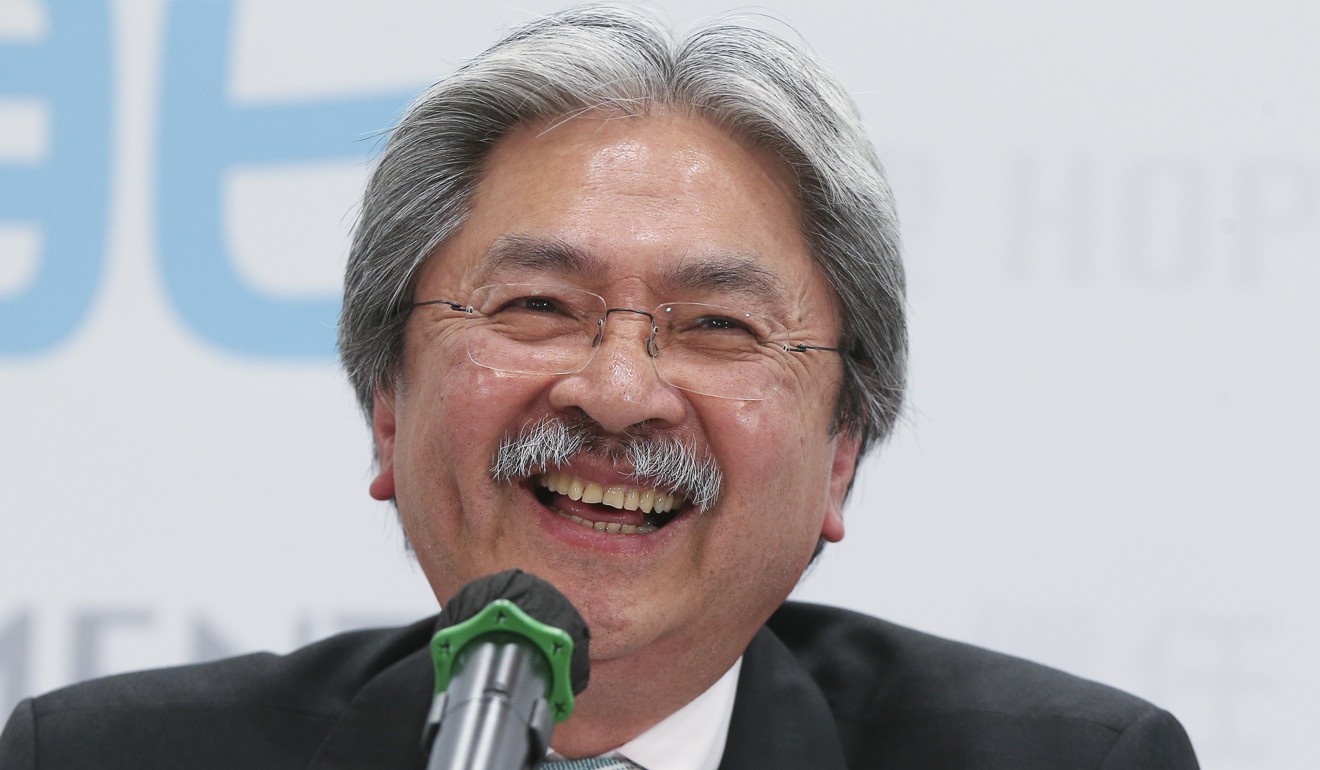
It’s not just Carrie Lam: Hong Kong as a whole seems to have forgotten the importance of English
Philip Yeung says the chief executive snapping at a reporter after an English-language question was more than a faux pas – it shows that the prioritisation of English in this bilingual city has been steadily diminishing
When it suits them, our leaders like to traffic in our bilingual character. But they forget that being bilingual is not something you brag about; it is something you practise. Bilingualism is an untidy package that comes with its own inconveniences.
In Canada, Lam’s refusal to speak bilingually would be political suicide. But not all bilingualism is created equal. In our house of linguistic union, English is increasingly being treated as a concubine whose status is less than secure.

Inevitably, after the British left, English has visibly lost much of its lustre. Suddenly, grammar mistakes crop up everywhere, even in public toilets. We now have police who can’t cope with English-speaking tourists in distress. Members of the Civil Aid Service openly refuse to speak English.
Contrary to popular perceptions, China celebrates its cultural diversity. If we sideline English, we discard our cultural identity, reducing us to just another mainland city, with a much smaller footprint.
Think also of the benefits of bilingualism. Mainland students are flocking here in droves, partly because our universities adopt English as the teaching language. Without fear of the epidemic of violence sweeping American society, they can immerse themselves in a bilingual environment without leaving China’s shores, and without incurring the costs of an overseas education. English sells.
But their numbers do not make English more popular or prestigious, as it is no longer the language of the governing class. Rather, it is partly associated with the powerless and displaced.

Other factors contribute to the decline of English standards in this city. Demographically, Hong Kong is changing. Each day, the city takes in 150 mainlanders, mostly from the lower reaches of society who hardly speak a word of English. That is nearly 55,000 a year, or over 1.1 million since the handover.
If you venture beyond the tourist areas of Central or Tsim Sha Tsui, you are deep into the alternative universe of non-English speakers. In most districts, being bilingual is largely a myth.
Meanwhile, China is embracing the world even as we de-Anglicise ourselves. Its appetite for English is insatiable, with learners in the hundreds of millions. The best English-speaking students, including emcees on our campuses, are now mostly mainlanders.
Watch: Learn some Kongish, a new language mixing English and Cantonese
English might have once been the language of conquest and colonialism. But it is the currency of international commerce. Lam’s apology, while welcome, is not enough.
What is called for is a change of attitude: English is not just for official window dressing but part of our identity, and speaking English is not politically uncool or redundant, and further, doing so is not a sign of disloyalty to the motherland.
Philip Yeung is a ghostwriter to university presidents and business leaders. [email protected]

